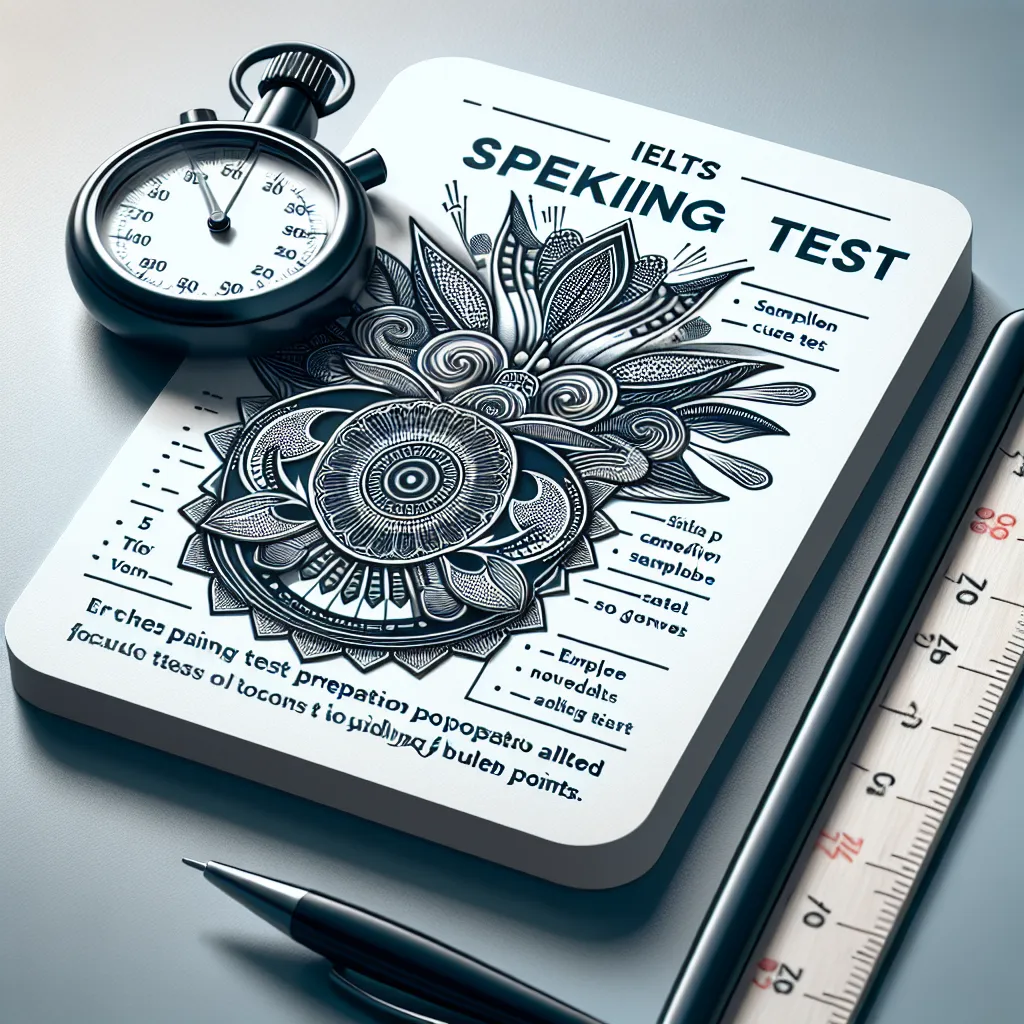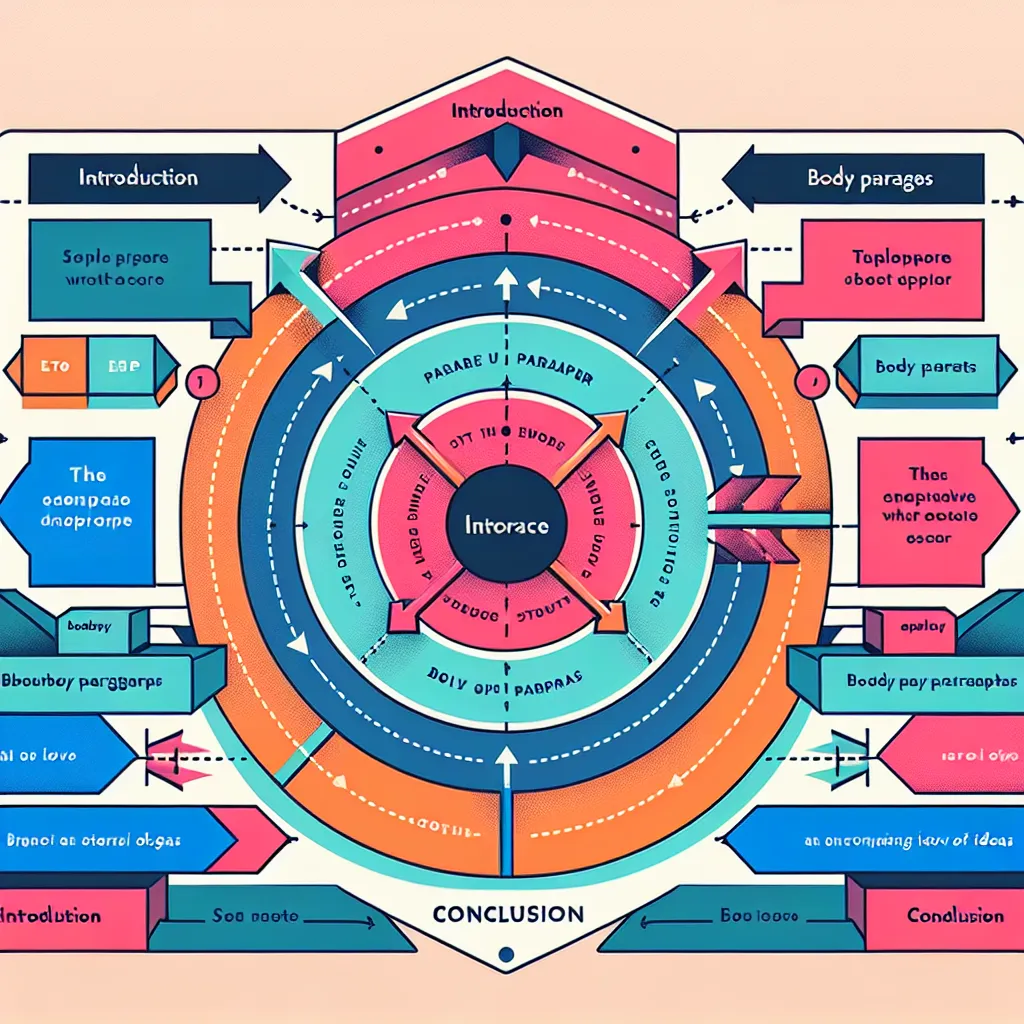Are you preparing for the IELTS Writing exam and feeling overwhelmed by Task 2 opinion essays? Don’t worry! This comprehensive guide will walk you through the process of tackling these challenging questions with confidence. As an experienced IELTS instructor and content creator, I’ll share valuable insights and practical tips to help you excel in this crucial part of the test.
Understanding IELTS Writing Task 2 Opinion Essays
IELTS Writing Task 2 opinion essays require you to present and justify your views on a given topic. These essays are a critical component of the IELTS Writing test, accounting for a significant portion of your overall score. Mastering the art of writing opinion essays can significantly boost your IELTS performance.
 IELTS Writing Task 2 Opinion Essay
IELTS Writing Task 2 Opinion Essay
Key Features of Opinion Essays
- Clear stance: You must clearly state your opinion on the given topic.
- Logical structure: Your essay should have a well-organized introduction, body paragraphs, and conclusion.
- Supporting arguments: Provide strong reasons and examples to support your viewpoint.
- Balanced approach: Consider opposing views, even if you disagree with them.
- Coherence and cohesion: Use appropriate linking words and phrases to connect your ideas smoothly.
Step-by-Step Guide to Answering Opinion Essays
Follow these steps to craft a well-structured and compelling opinion essay for IELTS Writing Task 2.
1. Analyze the Question
Carefully read the question and identify the key elements:
- Topic: What is the main subject of the essay?
- Task: What are you being asked to do? (e.g., agree/disagree, discuss both views)
- Scope: Are there any specific aspects you need to address?
Example question:
“Some people believe that children should be taught how to manage money at school. To what extent do you agree or disagree?”
2. Plan Your Essay
Take a few minutes to organize your thoughts:
- Decide on your stance (agree, disagree, or partially agree)
- Brainstorm main ideas and supporting points
- Create a basic outline for your essay
3. Write a Strong Introduction
Your introduction should:
- Paraphrase the question to show understanding
- Clearly state your opinion
- Provide a brief overview of what you’ll discuss in the essay
Example introduction:
“Financial literacy is increasingly recognized as an essential life skill, and there is ongoing debate about whether it should be taught in schools. In my opinion, I strongly agree that children should receive education on money management as part of their school curriculum. This essay will discuss the benefits of such education and its potential impact on future financial well-being.”
4. Develop Body Paragraphs
Each body paragraph should:
- Begin with a clear topic sentence
- Provide supporting reasons or examples
- Explain how the evidence relates to your main argument
- Use appropriate linking words for smooth transitions
Example body paragraph:
“One compelling reason to teach money management in schools is that it prepares children for real-world financial challenges. By learning about budgeting, saving, and investing from an early age, students can develop crucial skills that will serve them throughout their lives. For instance, understanding the concept of compound interest can motivate young people to start saving early, potentially leading to greater financial security in adulthood.”
5. Address Opposing Views (Optional)
For a balanced approach:
- Acknowledge counterarguments
- Explain why you still maintain your position
Example:
“While some may argue that financial education is the responsibility of parents, not all families have the knowledge or resources to provide comprehensive money management lessons. School-based programs can ensure that all children, regardless of their background, have access to this vital information.”
6. Write a Convincing Conclusion
Your conclusion should:
- Restate your opinion
- Summarize your main points
- End with a final thought or prediction
Example conclusion:
“In conclusion, I firmly believe that teaching children about money management in schools is crucial for their future success. By equipping students with financial knowledge and skills, we can empower them to make informed decisions and achieve greater financial stability in adulthood. Implementing such programs could lead to a more financially literate society, benefiting both individuals and the economy as a whole.”
Important Tips for Success
To excel in IELTS Writing Task 2 opinion essays, keep these tips in mind:
- Practice time management: Aim to spend about 40 minutes on Task 2.
- Use a variety of sentence structures and vocabulary to showcase your language skills.
- Stay on topic and ensure all your points are relevant to the question.
- Use specific examples to support your arguments.
- Proofread your essay for grammar and spelling errors.
 IELTS Writing Tips
IELTS Writing Tips
Common Mistakes to Avoid
Be aware of these pitfalls when writing your opinion essay:
- Failing to clearly state your opinion
- Writing off-topic or including irrelevant information
- Not providing enough supporting evidence for your arguments
- Neglecting to use paragraphs or proper essay structure
- Overusing memorized phrases or idioms
Next Steps
Now that you have a solid understanding of how to approach IELTS Writing Task 2 opinion essays, it’s time to put your knowledge into practice:
- Study sample essays to familiarize yourself with different styles and approaches.
- Practice writing essays on various topics, timing yourself to simulate exam conditions.
- Ask a teacher or language exchange partner to review your essays and provide feedback.
- Focus on expanding your vocabulary and improving your grammar to enhance your writing skills.
- Take mock IELTS tests to assess your progress and identify areas for improvement.
By following this comprehensive guide and dedicating time to practice, you’ll be well-prepared to tackle IELTS Writing Task 2 opinion essays with confidence. Remember, success in IELTS writing comes with consistent effort and a willingness to learn from your mistakes. Good luck with your IELTS preparation!
[internal_links]
- IELTS Writing Task 1: A Step-by-Step Guide
- Top 10 IELTS Vocabulary Topics You Need to Know
- IELTS Speaking: Tips for Achieving a High Score
- How to Improve Your IELTS Reading Speed and Accuracy
[/internal_links]




